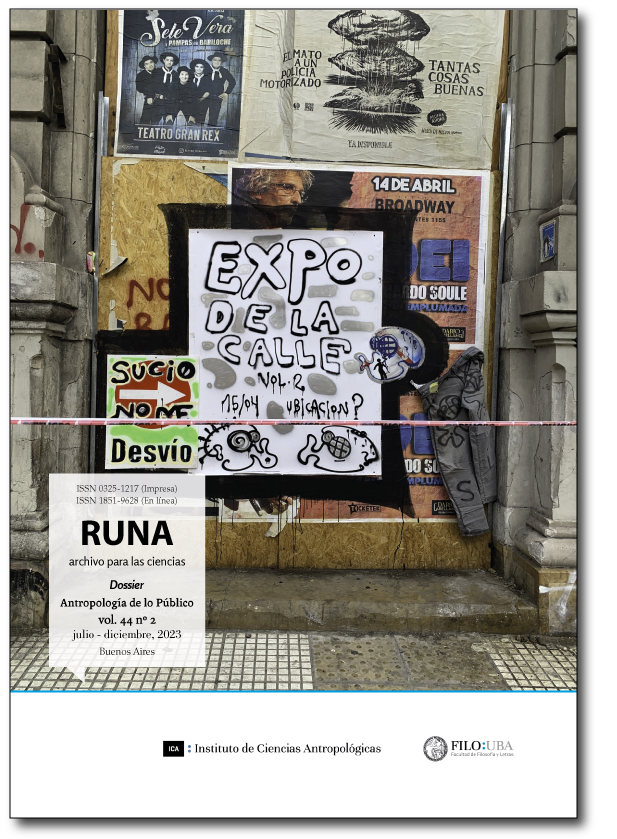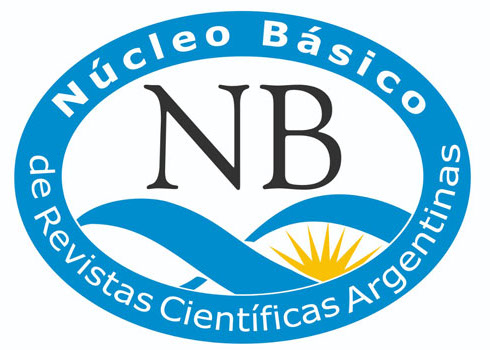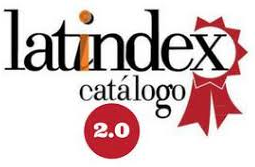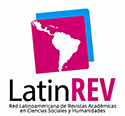Rural neighborhoods and tourism: economic reconversion and social antagonisms mediated by cultural categories
Abstract
The text presented below is an adaptation of my master's thesis, presented at the Faculty of Philosophy and Humanities (UNC) in 2008. The research, of an ethnographic nature, was developed during 2004 and 2005 and aimed to describe and to analyze the processes of socioeconomic reconversion and the antagonisms triggered by the arrival of tourism in a rural neighborhood of the Sierras Grandes, Province of Córdoba. In this work, the analysis takes as a strategic entry point two categories that I consider key to understanding these processes and antagonisms, job and shelter: with these words, reference is made, from the perspective of the actors, to the local socioeconomic units, but, At other levels that I will try to reconstruct, they function as symbols that reflect, thematize, and communicate economic rationalities and fundamental social and political distinctions while articulating an us/them relationship that structures local relations, practices, and representations.Downloads

Runa, archivos para las ciencias is a publication of the Instituto de Ciencias Antropológicas, Facultad de Filosofía y Letras, Universidad de Buenos Aires and is distributed under a Creative Commons Attribution 4.0 International License.
Runa maintains its commitment to the policies of Open Access to scientific information, considering that both scientific publications and publicly funded research should circulate on the Internet freely, free of charge and without restrictions.
The contents and opinions expressed in published articles are the sole responsibility of their authors.



















